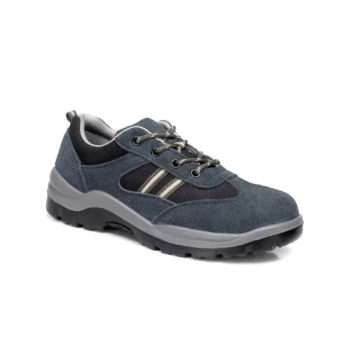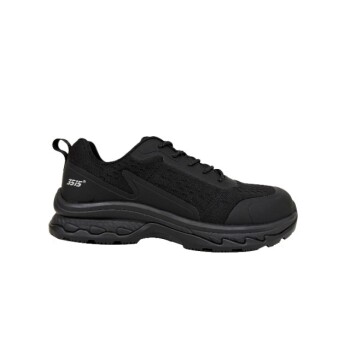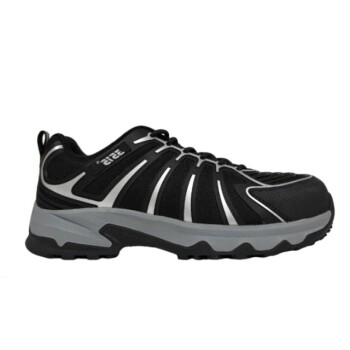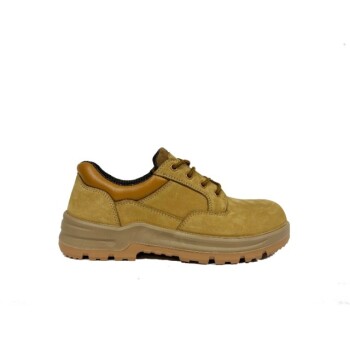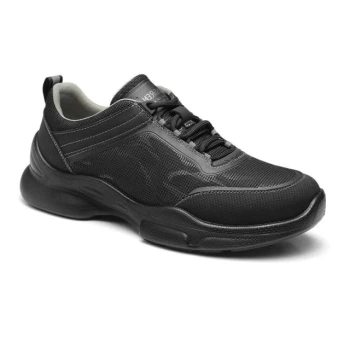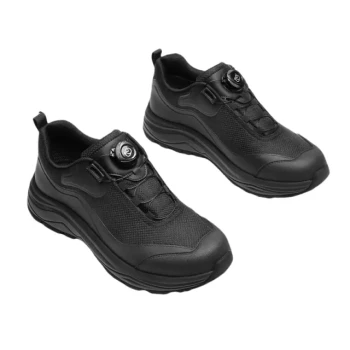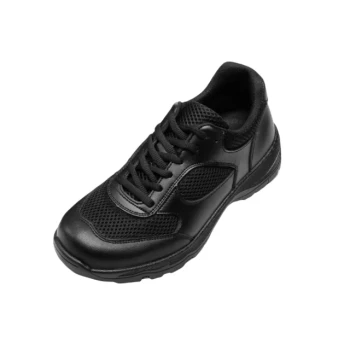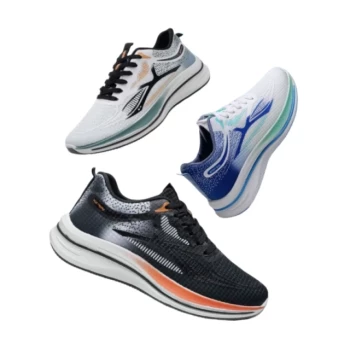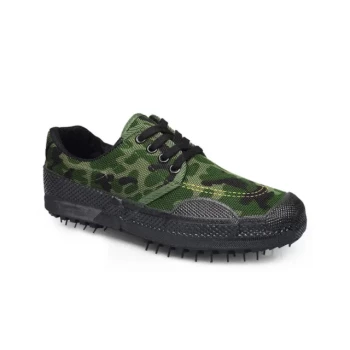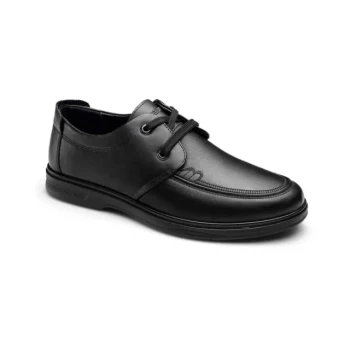The primary advantage of steel toe caps is their superior ability to protect against impact and compression. They are engineered to withstand immense force, providing the highest level of defense against crushing injuries from falling objects, while also offering excellent resistance to punctures and cuts.
While modern materials offer compelling alternatives, steel remains the benchmark for raw protective strength in safety footwear. The decision between steel and its counterparts is fundamentally a trade-off between maximum protection, weight, and environmental convenience.
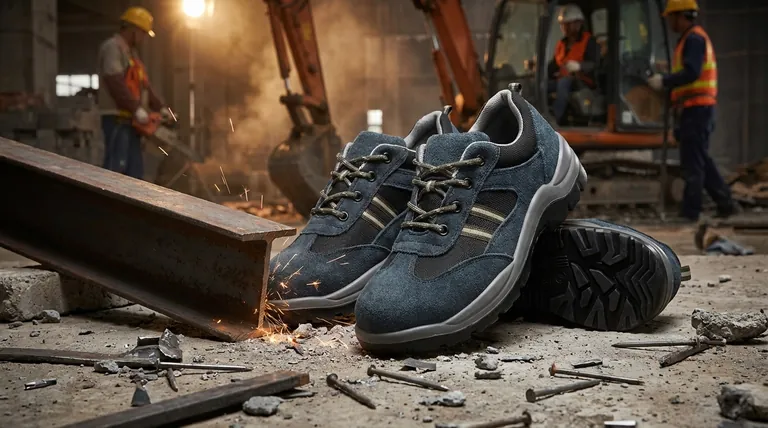
The Core Strengths of Steel Protection
Steel toe caps have been the industry standard for decades for a reason. Their properties are ideally suited for environments where the risk of severe foot injury is high.
Unmatched Impact and Compression Resistance
The defining feature of steel is its high tensile strength and resistance to deformation under stress. This allows it to withstand significant impacts, such as a 75-pound force dropped from a height of 18 inches, which is a common safety standard.
This means that in the event of a heavy object falling, a steel cap is engineered to absorb and distribute the force, preventing a crushing injury to the toes.
Superior Puncture and Cut Defense
Beyond blunt force, the hardness of steel provides robust protection against sharp objects. It is highly resistant to being pierced or cut by nails, glass, or metal shards found on a worksite.
Proven Reliability and Cost-Effectiveness
As the most established technology for safety toes, steel is a proven and reliable choice. This long history also means it is often more affordable than composite alternatives and is available in an extremely wide variety of boot styles and sizes.
Understanding the Trade-offs: Steel vs. Composite
While steel offers maximum protection, it is not the ideal choice for every situation. Understanding its drawbacks is critical to making an informed decision.
The Issue of Weight and Comfort
Steel is significantly heavier than composite materials like Kevlar or carbon fiber. This added weight and bulk can lead to discomfort and fatigue over a long workday, particularly for those who are constantly on their feet.
Thermal Conductivity in Extreme Temperatures
A major drawback of steel is that it readily conducts temperature. In cold environments, the steel can draw heat away from the feet, making them feel cold. Conversely, in hot conditions, it can absorb heat and become uncomfortable.
Interference with Metal Detectors
For professionals working in secure facilities like airports, power plants, or government buildings, steel toe caps present a logistical problem. They will consistently set off metal detectors, requiring removal of footwear at security checkpoints.
Debunking a Common Myth
A persistent myth suggests that a severe impact could cause a steel toe cap to curl and sever the toes.
The Reality of Severe Impacts
While an object heavy enough to compromise the steel cap would certainly cause a catastrophic foot injury, the cap is far more likely to crush than to create a clean cut. In nearly all scenarios, the protection offered by the steel prevents an injury that would have otherwise occurred.
How to Choose the Right Toe Cap for Your Goal
Selecting the right safety toe is a matter of matching the material's properties to your specific work environment and daily tasks.
- If your primary focus is maximum impact protection and budget: Steel is the proven, cost-effective choice for heavy industrial, construction, and manufacturing work.
- If your primary focus is all-day comfort and working in extreme temperatures: Lighter, non-conductive composite toes will provide superior comfort and keep your feet warmer in the cold.
- If your primary focus is passing through security or working near live electricity: Metal-free composite toes are the only practical and safe option.
Ultimately, understanding these key differences empowers you to select the safety footwear that truly meets the demands of your job.
Summary Table:
| Advantage | Key Benefit | Ideal For |
|---|---|---|
| Impact/Compression Resistance | Withstands heavy falling objects (e.g., 75 lbs from 18 inches) | Construction, Manufacturing, Warehousing |
| Puncture/Cut Defense | Protects against nails, glass, and sharp metal debris | Demolition, Metalworking, Scrap Handling |
| Cost-Effectiveness & Reliability | Proven technology, often more affordable than composites | Budget-conscious buyers needing maximum protection |
| Trade-off: Weight & Temperature | Heavier and conducts heat/cold; consider composites for comfort | Evaluate based on all-day wear and climate conditions |
Need Reliable Safety Footwear for Your Team?
As a large-scale manufacturer, 3515 produces a comprehensive range of steel toe and composite safety boots for distributors, brand owners, and bulk clients. We ensure your workforce has the right protection, combining durability with competitive pricing.
Contact us today for a custom quote and discover how our production capabilities can meet your specific safety footwear needs.
Visual Guide
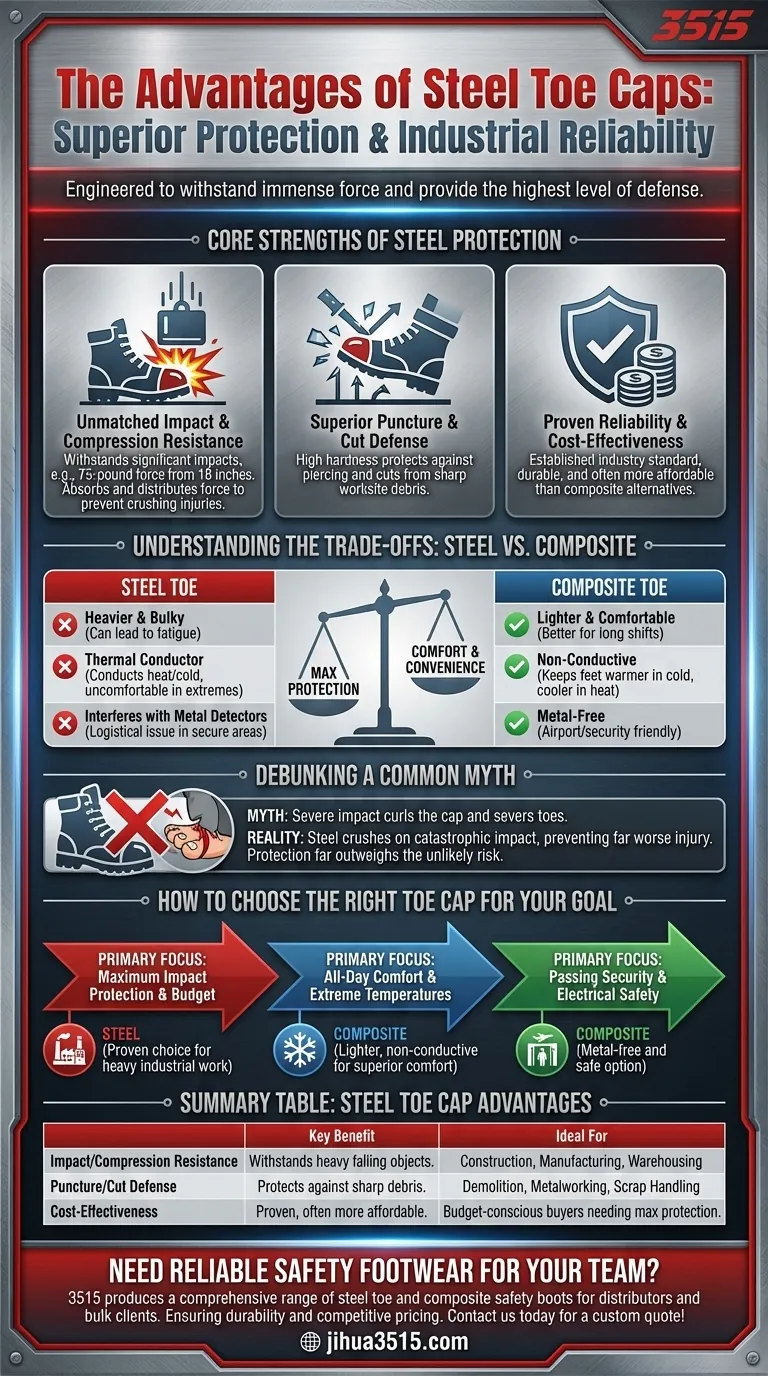
Related Products
- Custom Safety Shoe Manufacturer for Wholesale & OEM Brands
- Premium Lightweight Safety Shoes for Wholesale & Bulk Orders
- Wholesale Leather Safety Boots with Customizable Protective Toe
- Wholesale Durable Breathable Safety Boots Custom OEM Manufacturer
- Premium KPU Athletic Safety Shoes for Wholesale
People Also Ask
- What role do industrial safety shoes with steel toes or composite protective layers play in high-risk manufacturing?
- What are the primary protective roles of safety shoes for mosquito control? Safeguard Workers from Chemical & Field Risks
- Why are industrial safety shoes necessary for mining machinery maintenance? Protect Feet from Crushing and Punctures
- Why is the use of specialized work boots with high comfort levels necessary for welding? Enhance Safety and Endurance
- What are the primary safety functions of safety boots with steel-toe designs? Essential Protection for Industry
